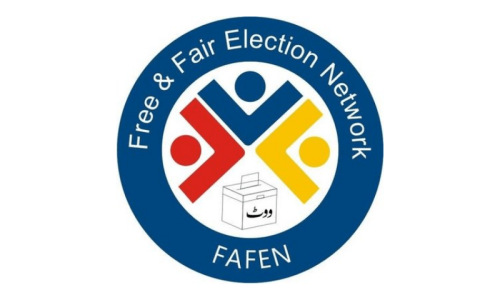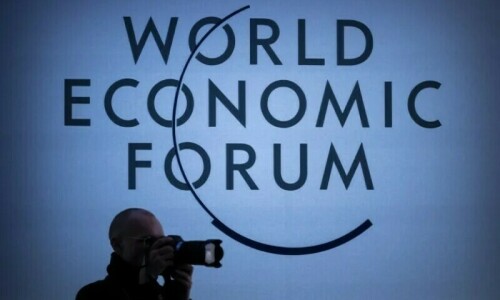
ISLAMABAD, Jan 21: A Canadian International Development Agency (CIDA)-funded HIV/Aids Surveillance Project (HASP) has found an alarming surge in the prevalence level of HIV/Aids among injecting drug users (IDUs) in Pakistan.
According to the findings of the fourth round of surveillance carried out in 19 cities of the four provinces, the overall average of Aids prevalence among IDUs was 36.7 per cent, with Faisalabad at a dangerous level of 52.5 per cent followed by D G Khan (49.6 pc), Gujrat (46.2 pc) and Karachi (42.2 pc).
The other cities with unprecedented high prevalence level of AIDS among IDUs include Sargodha (40.5 pc), Lahore (30 pc), Multan (24.9 pc), Turbat (21.4 pc), Peshawar (20 pc), Sukkur (19.2 pc) and Larkana (18.6 pc).
The results of the survey showed a steady increase in HIV/Aids among IDUs in the aftermath of the cancellation of one billion rupees World Bank-financed risk reduction project in eight cities of Punjab by the then provincial health secretary in April 2010 at a time when it was all set to be extended to another four cities. Under the project, the IDUs were provided with new syringes in exchange of the old ones to minimise the risk of transmission of the disease to others.
The termination of the contract by the Punjab government came after it demanded the service providing organisation to disclose the identity of the beneficiaries in violation of confidentiality clause of the agreement. The World Bank wrote letters to the federal as well as provincial authorities seeking their role in rescinding the termination notification and warning that the virus would win and the stakeholders would lose in the absence of harm reduction service. While the World Bank expressed serious reservations over the termination of the contract, attempts for revival of the project failed and the World Bank and Department for International Development (DFID), United Kingdom pulled out funding from Punjab and subsequently from Sindh. This resulted in closure of services to over 14,000 individuals and families in Punjab and an additional 6,000 individuals in Sindh. There has been nothing to block HIV transmission for the last about two years among people sharing drugs or sex workers, the main drivers of the HIV prevalence in the country.
The provincial government had apparently planned to put in place an alternative service delivery system, but it somehow could not happen, forcing the IDUs to exchange used needles to aggravate the threat of transmission of the deadly disease among other intravenous drug users.
There are an estimated 125,000 IDUs in the country, most of them exchanging used needles with the fear of continued spread of the disease not among other addicts but also to affect their spouses and children. Half of the IDUs are estimated to be married.
Under the previous rounds of surveillance, the HIV prevalence level has never exceeded 12 per cent in Faisalabad, which is now on top with 52.5 per cent. The maximum level in Lahore in the previous rounds was 14.5 per cent which is now 30 per cent.












































Dear visitor, the comments section is undergoing an overhaul and will return soon.